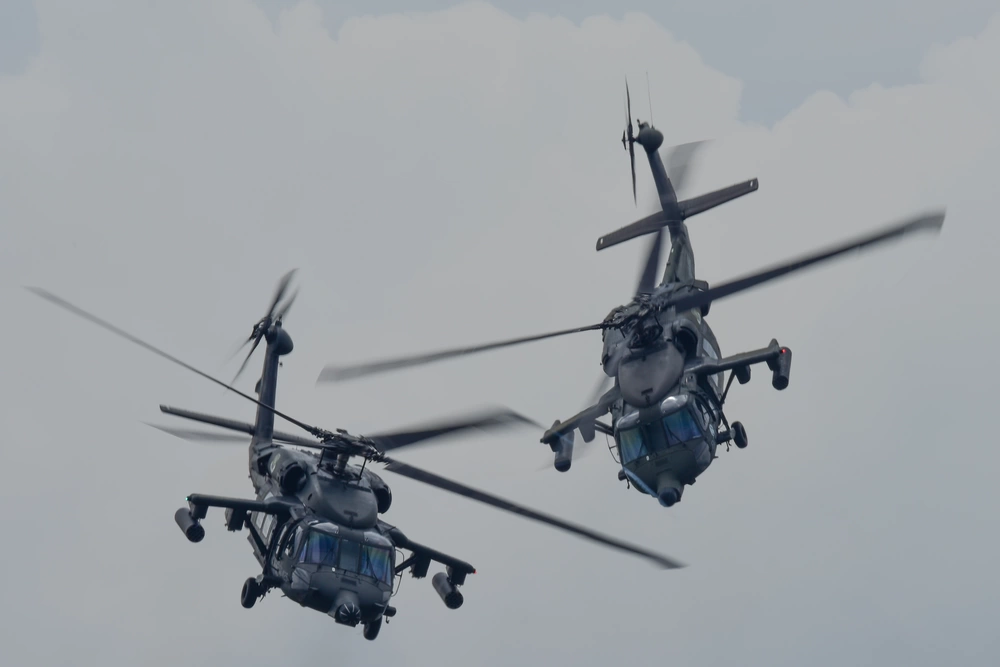Already a subscriber? Make sure to log into your account before viewing this content. You can access your account by hitting the “login” button on the top right corner. Still unable to see the content after signing in? Make sure your card on file is up-to-date.
Colombia has officially halted all arms purchases from the United States in response to the United States’ decision to decertify the country as a reliable partner in the war on drugs.
Some shit you should know before you dig in: Yesterday, the United States officially decertified Colombia as a cooperative partner in the fight against drug trafficking, citing a dramatic surge in cocaine production under President Gustavo Petro’s administration. The Trump administration accused Colombia of having “failed demonstrably” to meet its drug control obligations, pointing to record-high levels of coca cultivation and cocaine output. In its formal determination to Congress, the US government criticized Petro’s approach to dealing with narco-terrorist groups, arguing that his peace talks with armed factions had undermined efforts to combat drug cartels.

What’s going on now: In response to the decertification, Colombian Interior Minister Armando Benedetti announced an immediate and total halt to weapons purchases from the United States. In a radio interview, he said, “From this moment on…weapons will not be purchased from the United States.” Benedetti criticized Washington’s move as politically motivated, saying, “The United States, as a capitalist country, has to understand that there are also market issues,” and confirmed Colombia is actively pursuing alternative arms suppliers. He also emphasized Colombia’s ongoing anti-narcotics operations, noting that the government has captured 165,000 people, seized 1,200 tons of cocaine, voluntarily eradicated 53,000 hectares of coca, and destroyed more than 10,000 laboratories.
President Gustavo Petro also chimed in, portraying the decertification as a form of foreign interference. “Quite simply, the US is interfering in Colombia’s internal politics; it wants a puppet president,” he wrote on social media. In a cabinet meeting, he vowed to reduce Colombia’s military dependence on foreign powers, stating, “The army is better off buying its weapons or making them with our own resources, because otherwise, it won’t be an army of national sovereignty.” Petro added, “The Army and its Armed Forces will no longer depend on weapons from the United States; no more handouts or gifts.”
Petro has also used the moment to double down on his critique of the US-led drug war, which he argues has failed globally. He insists that the increase in coca cultivation is not due to lax enforcement, but rather to rising global demand, especially in Europe.
This all comes as Colombia grapples with a significant surge in coca cultivation, a trend backed by both Colombian government data and findings from the United Nations Office on Drugs and Crime (UNODC). The UN reported a 10% increase in coca bush cultivation in 2023, with total growth since Petro took office reaching approximately 70%, according to combined national and UN estimates. Petro, however, attributes much of this rise to policies under his predecessor, Iván Duque, and to escalating global demand for cocaine, particularly in European markets.






